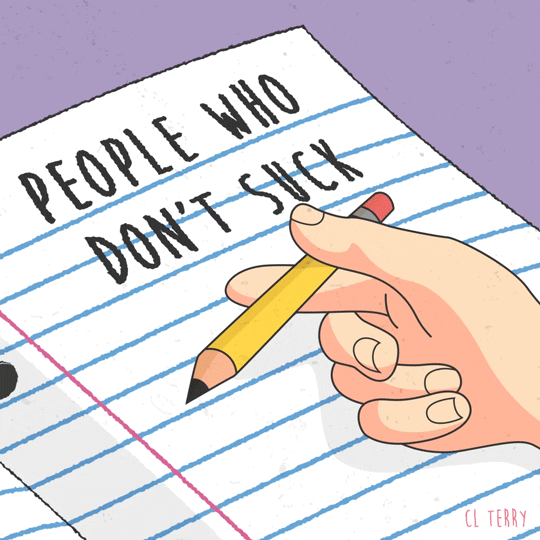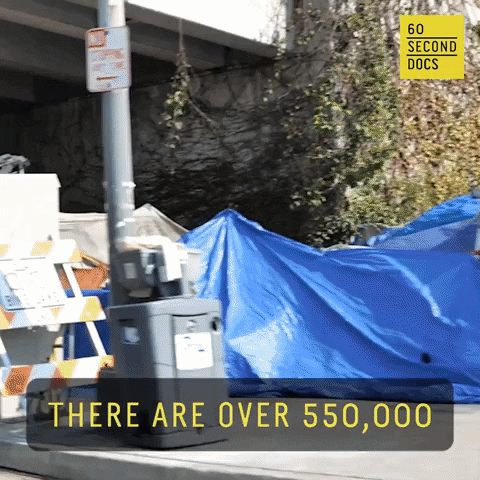This Saturday, I was discussing with a friend about the potential of moving to Texas. Her reply to me was "Yeah, Texas is interesting but it's turning blue so it won't be that bad soon."
Although the title and font of this book is very brash and comes off as some 100% conservative title, it is far from it. When my friend made that statement, I internally laughed. I have lived in some of the most liberal cities in the country my entire laugh, and on very few occasions been in a non-liberal area for more than a few hours. As we walked through countless tents and people with no clue where they were, in what is commonly held to be the wealthiest as well as picture-perfect city in the United States, I don't know what her statement could have meant. California and Oregon are fully controlled by progressives, not even a moderate Democrat has a chance at this point.
My family is from Nigeria and although I see more widespread poverty during my visits, not a single visit has led me to encounter some of the things I see daily in Los Angeles. The underpasses are filled with people openly shooting up, trash surrounding them, often arguing/talking to themselves or doing who knows what. Progressives often view themselves as more compassionate, which I agree with, but how in the world can you allow someone to live in these kind of conditions is beyond me.
The main argument on how progressives ruin cities are the following:
-They defend the right of people they characterize as Victims to camp on sidewalks, in parks, and along highways, as well as to break other laws including public drug use and defecation.
-They intimidate experts, journalists, and others by attacking them as being motivated by a hatred of the poor, people of color, and the sick, and causing violence against them
-They reduce penalties for shoplifting, drug dealing, and public drug use
-They prefer homelessness and incarceration to involuntary hospitalizations
-Their ideology blinds them to the harms of harm reduction
I will address these points in order. To the first, I agree with heavily. In an city, the city is sacred because it is a place for possibility, freedom, and flourish. It's bound together by laws and social norms, which when violated should be shamed and at times punished. There is a reason no one is arrested for not picking up dog poop, but people do: societal pressure. When city trust is eroded so that the few can overtake parks, free spaces, and live or do drugs and cause others to live in fear at all times, that is not beneficial for any society. I am tired of Progressives saying "They are a victim!!" Yes this is true, but we are based on equal laws here. If a frat boy was to take a shit in your yard, he should face the same judgement even if he were a Black homeless person. Although the homeless person has a higher likelihood of suffering from addiction and should have his punishment be moreso treatment, he can not go UNpunished.
To the second point, I am tired of being pinned to a wall in any West Coast city if you disagree with the status quo. No one in LA enjoys seeing the homeless anywhere, but the minute you speak up you'll be called racist, homophobic, or whatever awful term they want. Discourse isn't healthy if you go around calling people racist (one of the worst things you can call someone). There is a reason California has 12% of the US population but over 50% of the homeless. It's not like Florida and other Southern states have terrible weather...
On the third point, I couldn't agree more. Here in California, I don't think GTA is very different from real life. As a result of this victomhood mentality, nothing is punished. People openly walk into CVS or Walgreens and steal everything knowing they won't be stopped. In no other place in America will that happen. When you stop punishing "Victims" they manipulate you and take what they want because there are no barriers.
Lastly, I truly believe like the author says, there needs to be a switch from this "Do nothing" mindset, to forced treatment. Only 4% of people in prisons are due to any drug-related reason, most are there for violent crime. There needs to be societally pressure and a switch to the Portugal model. Yes you can decriminalize drugs, but when you are caught committing crimes, or are addicted, you either clean up or you go to jail. Doing nothing does not help the addict or the greater society. I will be purchasing this book as I learned a lot from it.



